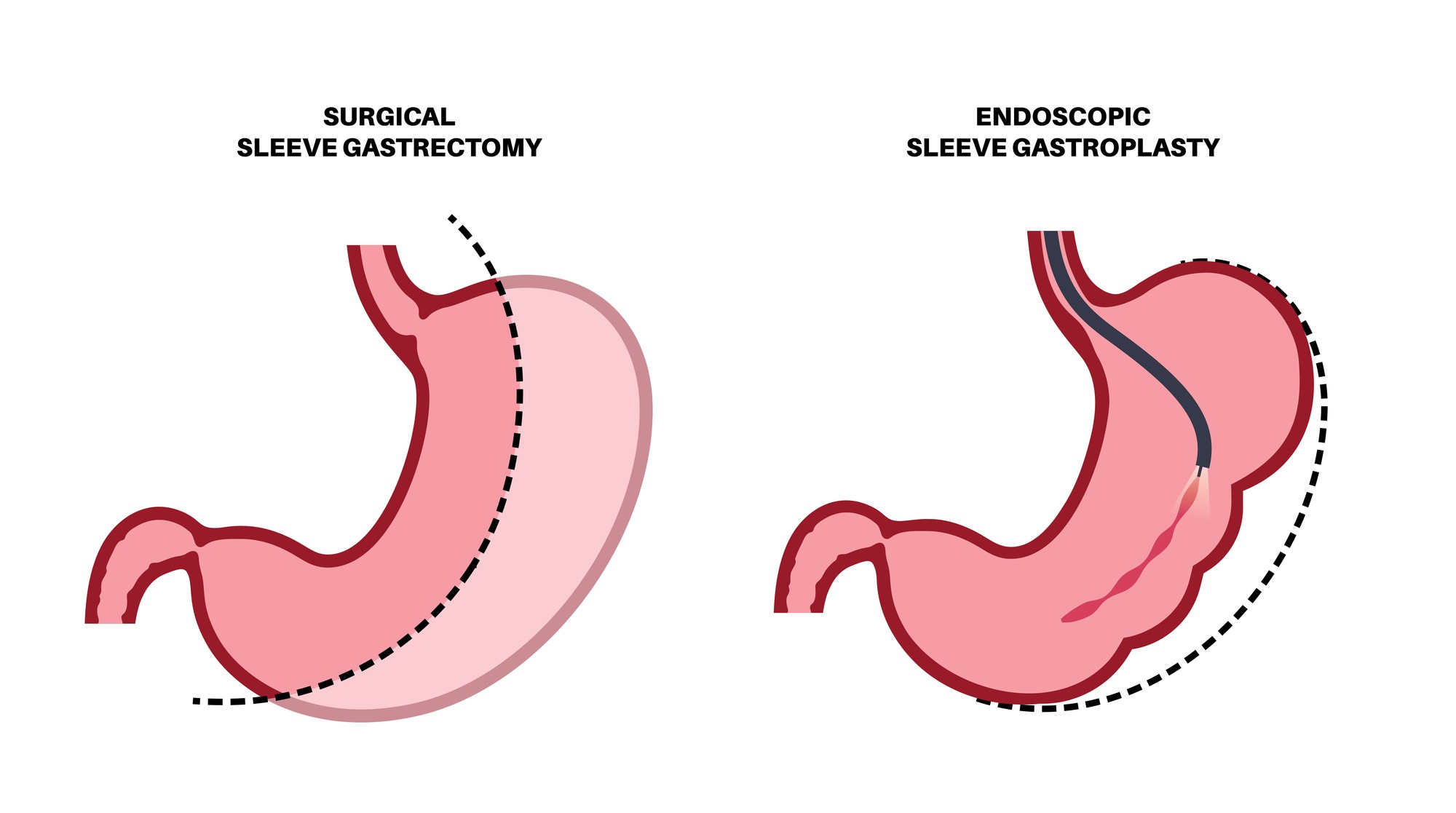Obesity has become one of the leading global health concerns, with nearly 50% of the global population considered overweight or obese. If you are one of the many adults struggling with obesity, you may wonder what the best way to lose weight is, especially if you have tried countless weight management programs, diets, medications, and workout routines.
Recent studies suggest that nutrigenomics testing may be the answer to preventing and managing obesity. It involves the importance of understanding the relationship between your genes, your health, and your diet, such as the role of proteins, vitamins, minerals, and other nutrients in your body.
In this post, we will dive deep into the concept of nutrigenomic testing and its benefits and applications to help manage obesity and improve our overall health.
What is Nutrigenomic Testing?
Nutrigenomic testing is under the umbrella of nutritional genomics which is a form of genetic testing that identifies the interaction between your genes, your health, and your diet. It aims to provide individualized nutrition plans that are tailored to your specific nutritional needs based on your genetics.
By understanding how your genes interact with your diet, you can make informed decisions about what specific foods to eat and how to exercise for maximum weight loss results. Since not all dietary recommendations hold true for everyone, this type of genetic analysis is a useful tool to create better, individualized nutrition plans for everyone.
What is Nutritional Genomics?
Nutritional genomics has two areas, namely nutrigenomics and nutrigenetics. Both areas study how individual genetics contributes to our bodies’ response to what we eat, as well as how that gene-diet interaction gives rise to the development of different chronic and metabolic diseases.
However, nutrigenomics provides a deeper understanding of the relationship between our genes and diet using various molecular tools. The information we can get from this genetic testing can help identify how bioactive food compounds and nutrients alter the process of DNA transcription and translation, which affects the expression of genes that may influence health outcomes.
Using this knowledge, we will be able to manipulate and promote the activity of the “good” genes and control the “bad” genes by choosing appropriate and informed dietary recommendations that can sustain your nutritional needs and prevent nutrition-related chronic diseases such as obesity, type 2 diabetes, and heart disease.

How Does Nutrigenomic Testing Work?
While genetic or DNA testing is not an entirely new concept, nutrigenomic testing is state-of-the-art technology in nutritional science with the potential to provide the foundations and approaches to personalized nutrition based on genotype. It focuses on identifying nutrition-related genetic variation in the form of SNPs or single-nucleotide polymorphisms, which are DNA sequences that are unique to each person.
Your genetic makeup contains every information in your life, from how your metabolism operates to why you’re not losing weight even after trying everything. It also provides information on your behavioral patterns, personal preferences for certain foods, and predisposition to certain diseases such as obesity, type 2 diabetes, and heart disease that are strongly influenced by gene expression.
While we inherit these genetic variations from our parents, we can still alter how the genes function through the way we eat and exercise. Since SNPs are influenced by multiple factors such as nutrition, drugs, and physical activity, your diet is a powerful tool that has the ability to alter gene expression and function.
In short, nutrigenomic testing focuses on the impact of nutrition and diet on your health through data from these SNPs. It can help describe what your ideal diet should be to prevent the diseases you are genetically predisposed to developing. Most recent research on nutrigenomics testing aims to address health conditions like obesity, heart disease, cancer, type 2 diabetes, and even schizophrenia.
What are the Benefits of Nutrigenomic Testing to Nutritional Counseling?
Nutrigenomic testing is a multidisciplinary approach to personalized nutrition counseling, which may provide helpful information about your ideal diet and current health status based on your genetic makeup. Studies suggest that one-size-fits-all dietary recommendations may be ineffective for some, so following a personalized diet plan can help you target nutritional requirements and physical activity goals that work best for your body.
Some benefits of nutrigenomic testing to nutritional counseling are:
- Detailed personalized nutrition profile and plan that will help you determine your ideal daily intake of carbs, proteins, and fats
- Information on the best food sources of macro- and micronutrients and the effects of certain foods on metabolism
- Specific recommendations for your diet, physical activity, and lifestyle choices based on your genetic makeup
- Insights on your genetic predisposition for exercises that will help you choose the types of workout where you can benefit the most
- Genetic analysis of your predisposition for certain diseases that may help prevent its development by following a certain type of diet

How is Nutrigenomic Testing Done?
Nutrigenomic testing is a non-invasive test that is done by collecting swab saliva samples to evaluate 80 to 150 genetic markers and create a personalized nutrition profile. It is then followed by basic health questions such as health status, health history, diet, and current lifestyle for the health care professional to have a detailed understanding of your overall health.
A blood test may be done if your initial results raise additional questions. Your dietitian or other health care professional will then evaluate these results and work with you to develop a personalized nutrition plan using the generated profile from the genetic testing. For example, individuals who have certain GSTT1 gene variants are recommended to take higher amounts of vitamin C because of their predisposition to vitamin C deficiency.
Generally, anyone who wants to know their nutrition profile can undergo testing, but the following may benefit the most:
- Individuals suffering from symptoms of diseases like lactose intolerance
- Individuals who have a medical or family history of certain lifestyle diseases
- Individuals (obese or overweight) who want to lose and maintain their weight
The Future of Nutritional Science
For many years, nutrition research has been focused on preventing malnutrition and studying different nutritional deficiency diseases. But the focus of modern nutritional research has shifted to the use of nutrition as a critical tool to prevent chronic diseases.
Nutrigenomics testing can be a safe and effective way to have a more integrative approach to your overall health by changing specific dietary, exercise, and lifestyle habits. The use of genetic information in nutrition counseling has been shown to be effective in promoting healthy living, especially for those who wish to manage their weight and prevent certain lifestyle diseases.
To learn more about nutrigenomics, schedule a consultation with our qualified health care professionals to get started. Visit our website to message us or call us at (470) 419-4380 for more information.




